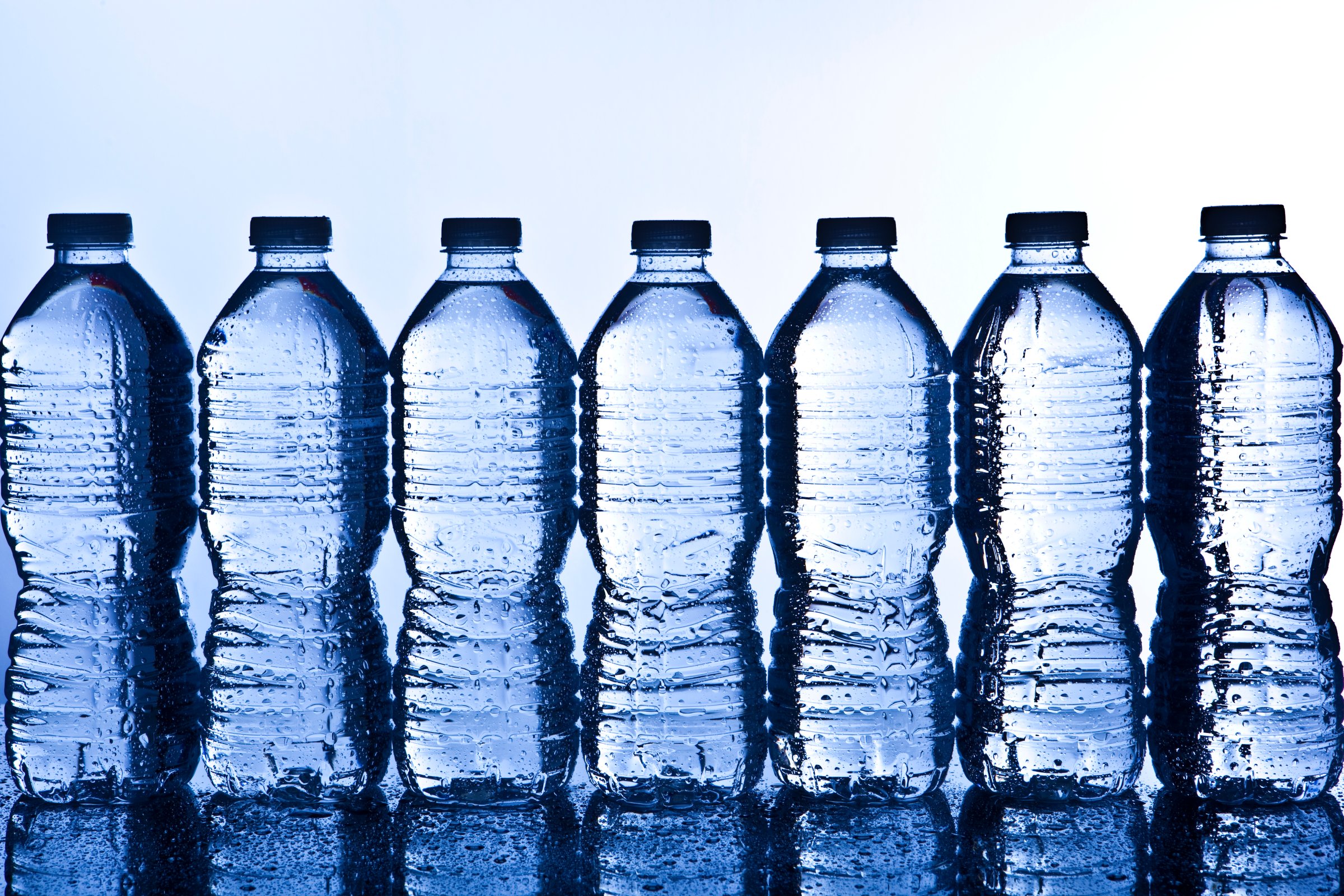
Scientists in Japan have discovered a form of bacteria that can digest the plastic in disposable plastic water bottles, raising hopes it could be used to dispose of some of the 311 million tons of plastic produced annually worldwide.
Plastic bottles contain polyethylene terephalate, or PET, a plastic ingredient which is also found in lots of other products, like polyester clothing, soda bottles, and tennis balls. PET is great for products but terrible for the environment, because until now it was believed to be unable to be broken down by microbes, which means it couldn’t be biodegradable. Much of the pollution in the ocean is made of PET.
But a team of researchers in Japan have identified a species of bacteria that is able to degrade plastic using two key enzymes that break down PET and use it to grow– essentially, the bacteria can “eat” plastic. The discovery was published in Science on Friday.
The process is very slow (it took 6 weeks to completely degrade a small film of PET) but the discovery is exciting because it could present a glimmer of hope for scientists to return plastic products back to nature.
More Must-Reads from TIME
- Donald Trump Is TIME's 2024 Person of the Year
- Why We Chose Trump as Person of the Year
- Is Intermittent Fasting Good or Bad for You?
- The 100 Must-Read Books of 2024
- The 20 Best Christmas TV Episodes
- Column: If Optimism Feels Ridiculous Now, Try Hope
- The Future of Climate Action Is Trade Policy
- Merle Bombardieri Is Helping People Make the Baby Decision
Write to Charlotte Alter at charlotte.alter@time.com